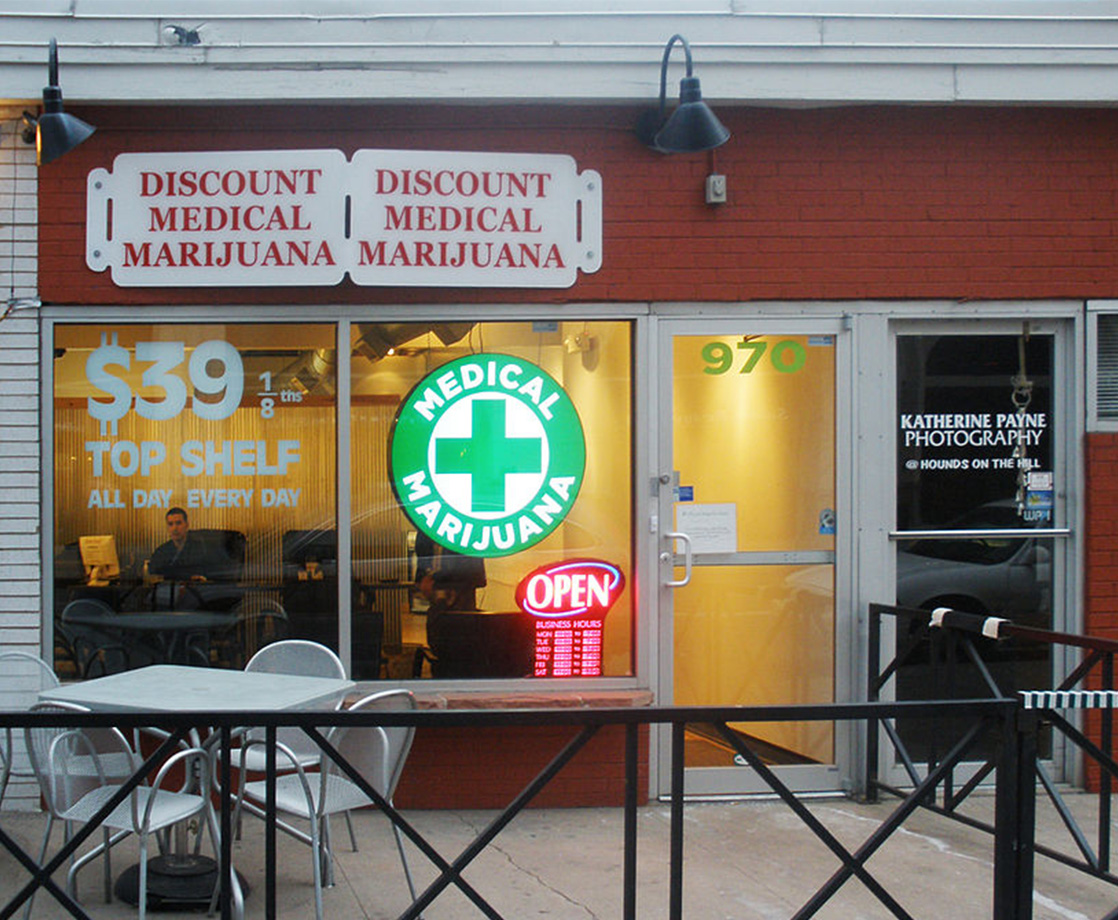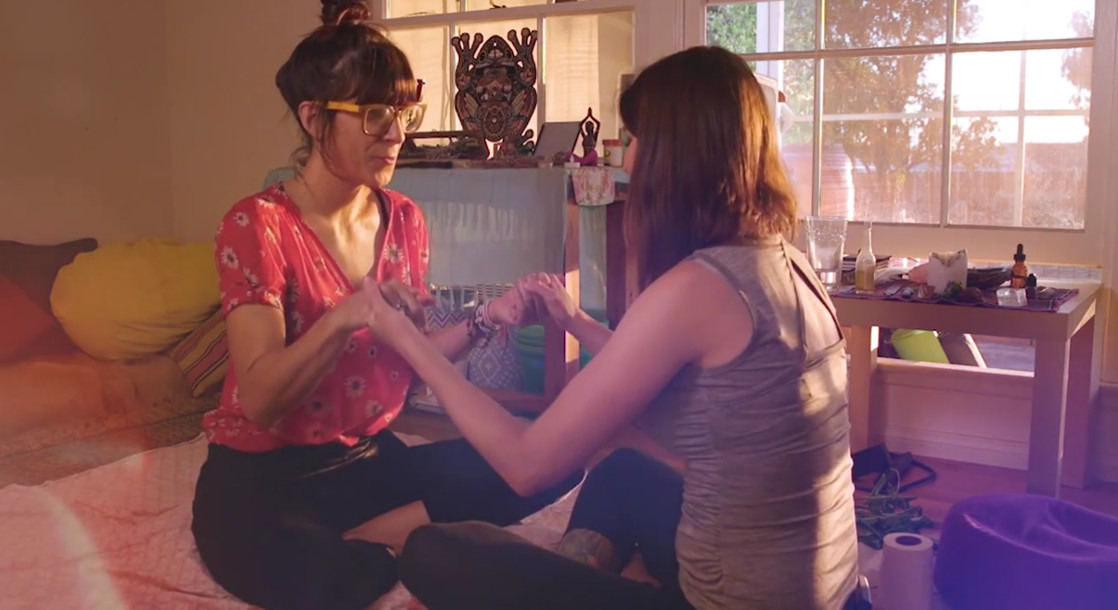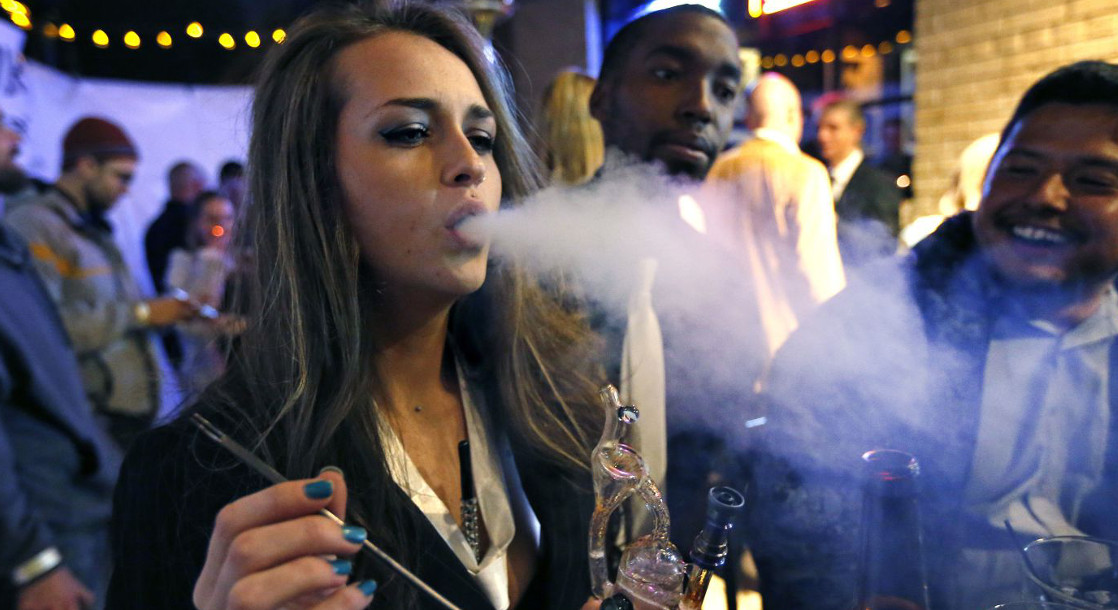Image via
When Michigan voted to legalize adult-use cannabis late last year, the Wolverine State tipped the first domino of Midwest prohibition reform and drove a wave of green rush investment to America’s Northern border. But while local regulators take their time establishing a licensed system of cultivation, processing, distribution, and retail sales, a wide network of unpermitted pot shops and delivery services have stepped in to take over Michigan’s marijuana market.
According to a pair of reports from MLive, Michigan police agencies currently lack the funding, manpower, and political energy to raid or shut down the huge number of illicit dispensaries and delivery services operating openly across the state. As a result, the authorities have opted to turn the other cheek to the unlicensed weed sellers.
“The resources we have to address black market unlicensed marijuana are very limited,” Michigan State Police Lt. Chris Hawkins, who heads the department’s Marihuana and Tobacco Investigation Section, told MLive. “We’re literally seeing hundreds of businesses that have opened up across the state and sell recreational marijuana without a license.”
And because many of the unlicensed businesses have set up shop in municipalities that are purposely lenient on cannabis arrests, Hawkins says that the police have their hands tied, with accused black market dispensary operators often walking free after the raids are finished.
“We want to try to focus our resources in areas where we will obtain criminal charges and prosecution,” Hawkins said.
Gallery — Fuck-Tons of Weed That No One Is Smoking Except for Cops:
In California, a similar system has been a pain in the backside for local cannabis regulators, with unlicensed dispensaries still rubbing shoulders with licensed counterparts in Los Angeles and surrounding areas. And while Golden State cops have begun ramping up criminal raids of those businesses, the black market continues to persist. In Toronto, local law enforcement has pushed back against unlicensed dispensaries by installing massive cement barricades in front of illegal storefronts to similarly mixed results.
For licensed Wolverine State ganjapreneurs, the illicit competition is a constant threat, with lower operating costs allowing the unlicensed dispensaries to undercut permitted medical providers.
“For every dispensary, there’s four illegal delivery services,” Stuart Carter, owner of the licensed medical marijuana provisioning center Utopia Gardens in Detroit, told MLive.
At the state’s Attorney General’s office and the Marijuana Regulatory Agency (MRA), unlicensed business enforcement is just one of many agenda items necessary to transition the state to a fully legal market. But with licensed recreational dispensaries still months away from opening, regulators are not yet sure when the black market problem will be addressed.
“At some point we really have to start coming down on those who are operating illegally. Just the same way we would, by the way, if you were selling cigarettes illegally. Just the same way we would if you had manufactured moonshine in your bathtub, and nobody had tested that to find out if it was safe, and you didn’t have a license to sell it,” Attorney General Dana Nessel said of a recent conversation with MRA chief Andrew Brisbo. “So, at some point, you know, that’s going to be part of the function of our office is to make certain that the laws are enforced and that [the industry is] properly regulated.”
Follow Zach Harris on Twitter











